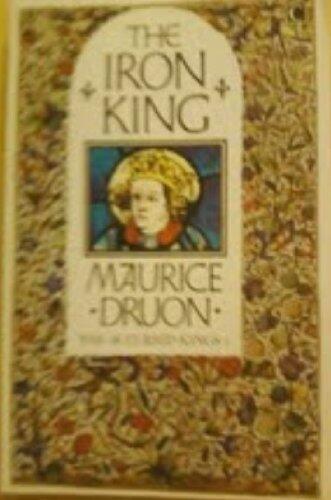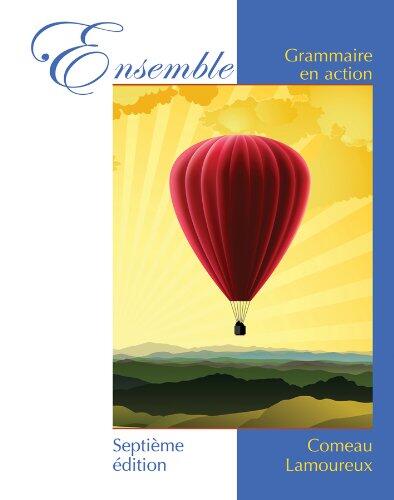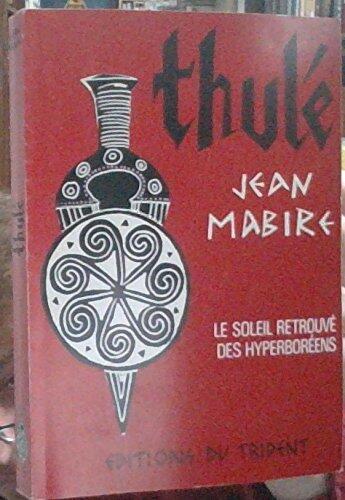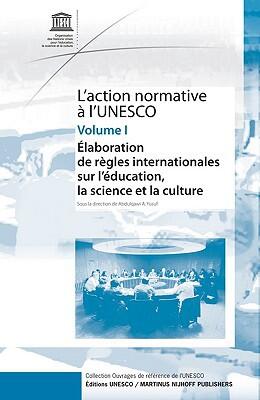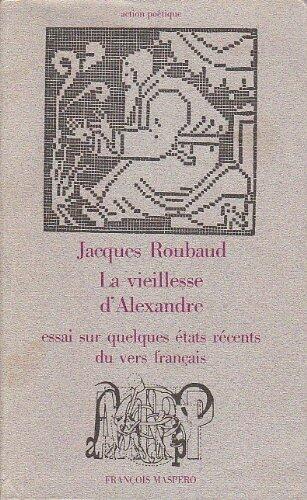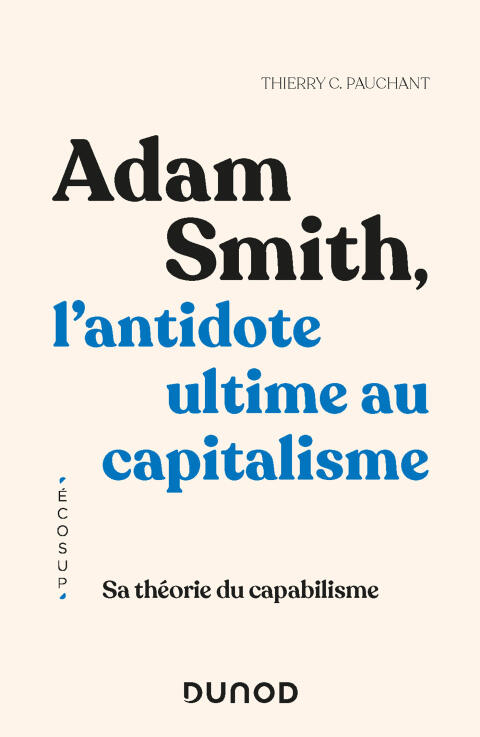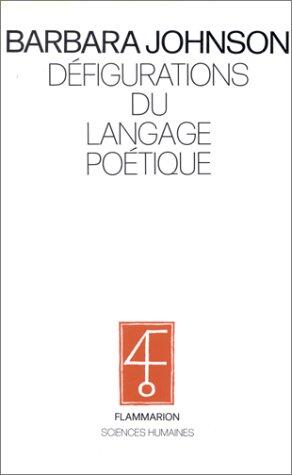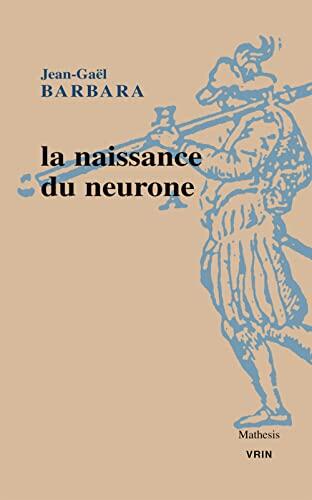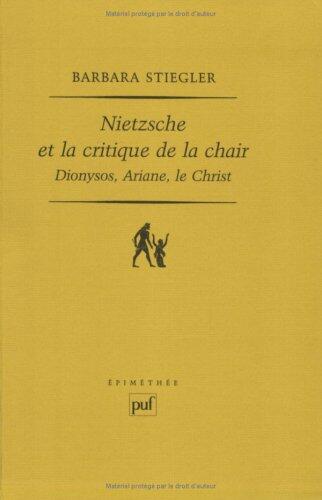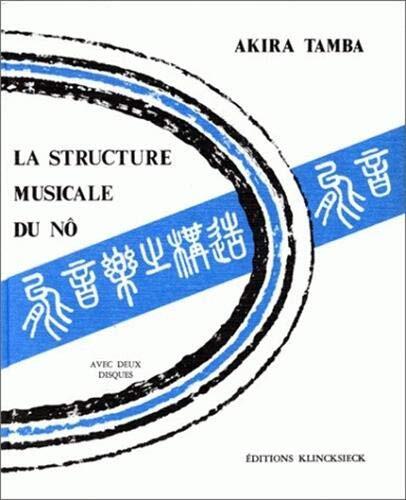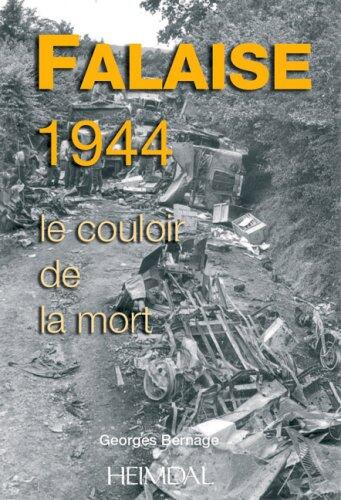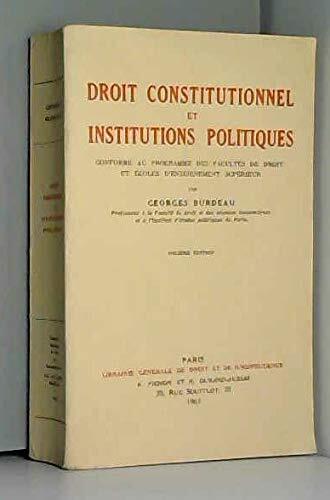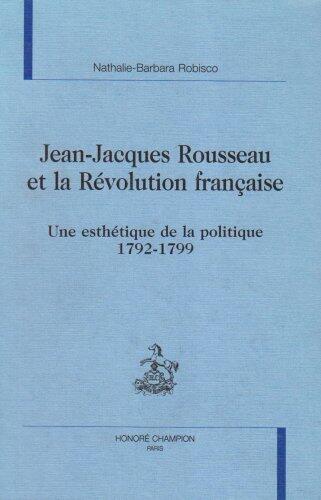
Jean-Jacques Rousseau et la Révolution française: Une esthétique de la politique 1792-1799
by
Nathalie-Barbara Robisco
No ratings yet
History
Format
Hardcover
Pages
464
Language
French
Published
Jan 1, 1998
Publisher
SLATKINE
ISBN-10
285203753X
ISBN-13
9782852037533
Description
Nathalie-Barbara Robisco explores the intricate relationship between Jean-Jacques Rousseau's philosophy and the tumultuous period of the French Revolution from 1792 to 1799. This work delves deep into how Rousseau's ideas influenced the revolutionary mindset and aesthetics of politics during a time of profound change. Robisco analyzes the implications of Rousseau's writings on concepts such as community, citizenship, and individual freedom, shedding light on how these elements were reinterpreted through the revolutionary lens.
The author meticulously contextualizes Rousseau's thoughts within the cultural and political upheaval of the era, offering a nuanced perspective on how his work resonated with and challenged the revolutionary fervor. Through detailed discussion, Robisco highlights the tension between Enlightenment ideals and the chaotic realities of revolutionary action, illustrating how Rousseau's vision became a guide—and sometimes a warning—for those engaged in the fight for a new social order.
With comprehensive bibliographical references, Robisco provides the foundation for further study, inviting readers to engage with both Rousseau's philosophical contributions and their lasting impact on modern political thought. This work stands as a significant contribution to the understanding of how aesthetics and philosophy intertwined with the revolutionary spirit, making it a valuable resource for both scholars and enthusiasts of political history.
The author meticulously contextualizes Rousseau's thoughts within the cultural and political upheaval of the era, offering a nuanced perspective on how his work resonated with and challenged the revolutionary fervor. Through detailed discussion, Robisco highlights the tension between Enlightenment ideals and the chaotic realities of revolutionary action, illustrating how Rousseau's vision became a guide—and sometimes a warning—for those engaged in the fight for a new social order.
With comprehensive bibliographical references, Robisco provides the foundation for further study, inviting readers to engage with both Rousseau's philosophical contributions and their lasting impact on modern political thought. This work stands as a significant contribution to the understanding of how aesthetics and philosophy intertwined with the revolutionary spirit, making it a valuable resource for both scholars and enthusiasts of political history.
Reviews
Reading Log
No reading logs found
Start tracking your reading progress to see logs here
Add Your First Reading LogNotes
Transaction Log
No transaction logs found
Start tracking your book transactions to see logs here
Add Your First Transaction Log